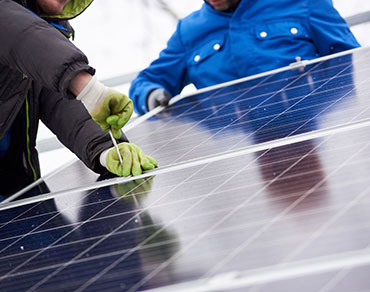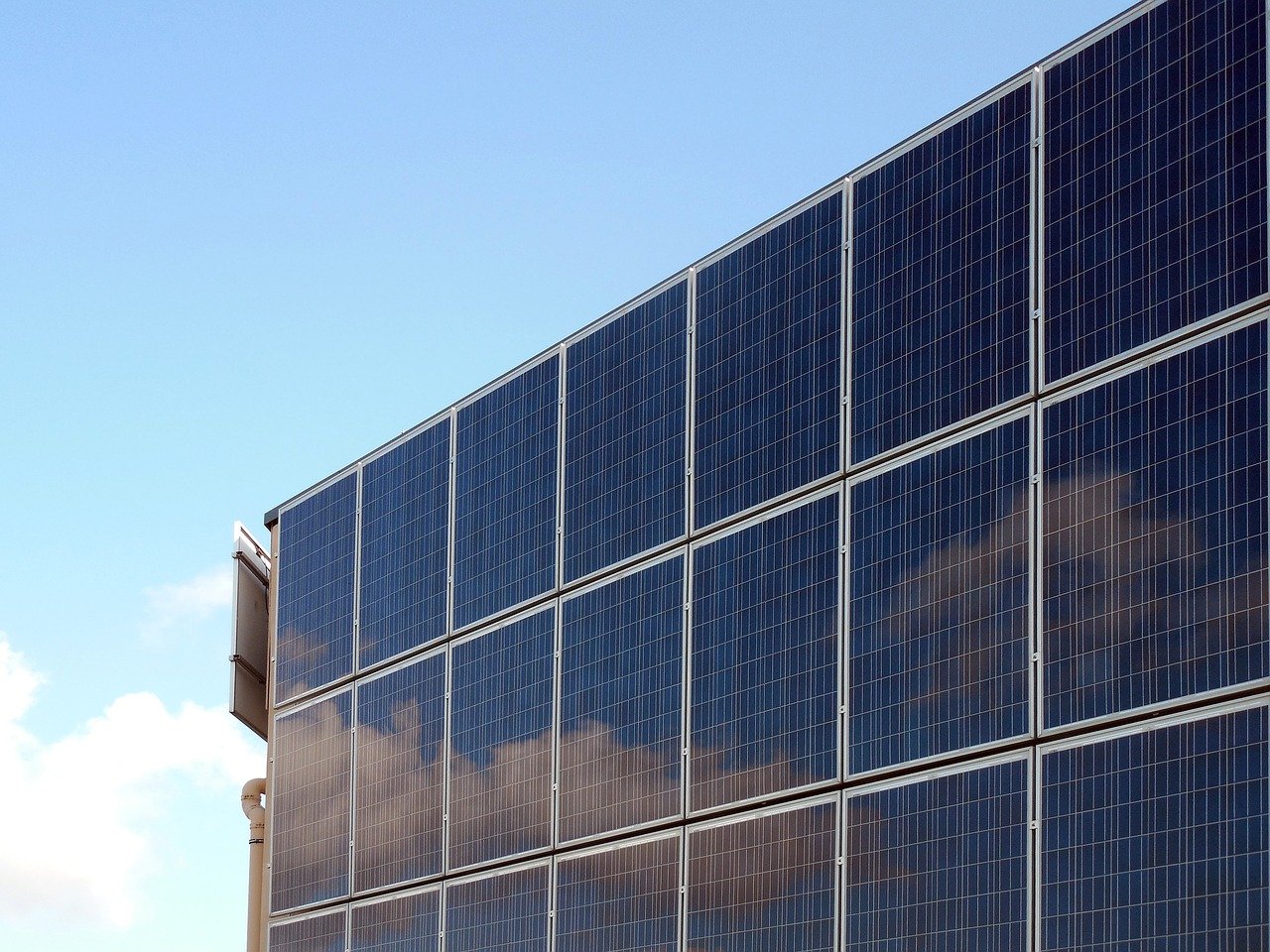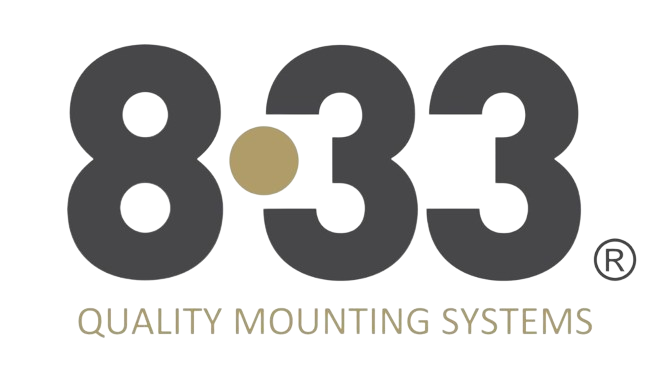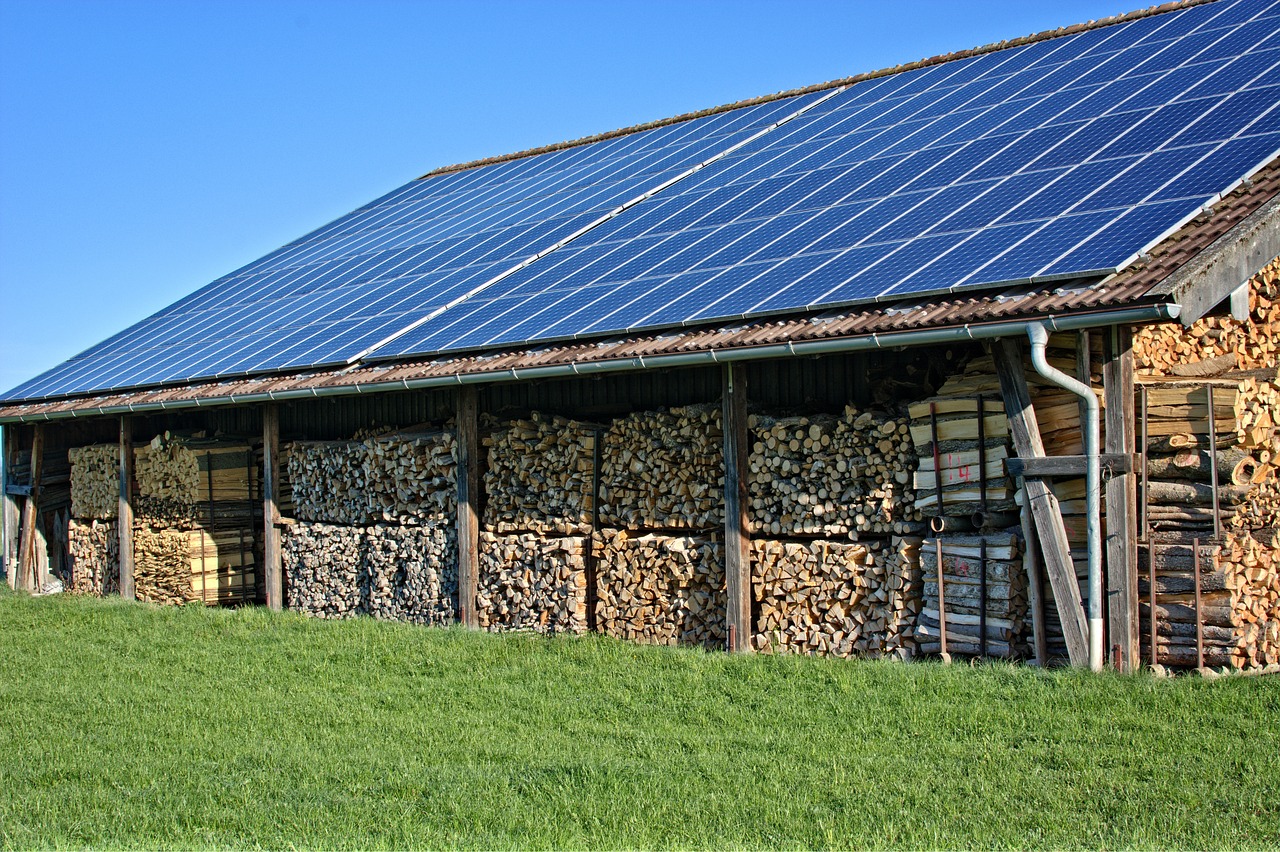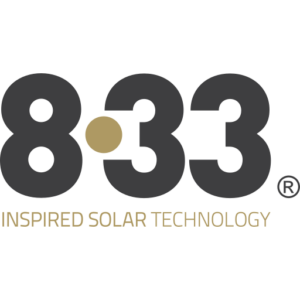In the quest for sustainable energy solutions, photovoltaic (PV) modules have emerged as a game-changer for farms and industries. By harnessing the power of sunlight, these installations offer numerous benefits, including reduced energy costs, environmental sustainability, and increased energy independence. This post explores the advantages of installing PV modules in farms and industries, paving the way for a greener and more economically efficient future.
- Cost Savings and Energy Efficiency: Installing PV modules in farms and industries allows for significant cost savings on electricity bills. With solar power, these sectors can generate their own clean energy, reducing reliance on conventional grid electricity and avoiding volatile energy prices. Moreover, the installation of PV modules promotes energy efficiency by utilizing unused or underutilized spaces such as rooftops, open fields, or parking areas.
- Environmental Sustainability: PV module installations play a crucial role in reducing carbon footprints and mitigating the impact of climate change. By generating electricity from sunlight, farms and industries can significantly decrease greenhouse gas emissions and reliance on fossil fuel-based energy sources. This environmentally friendly approach aligns with sustainability goals and helps to preserve the planet for future generations.
- Energy Independence and Resilience: PV module installations offer increased energy independence for farms and industries. By producing their own electricity, these sectors can reduce vulnerability to energy price fluctuations and supply disruptions. This energy resilience ensures continuous operation and productivity even during power outages or grid failures, improving overall business continuity.
- Diversification of Income Streams: For farms, PV module installations provide an opportunity for diversification of income streams. In addition to producing clean energy for on-site consumption, excess electricity generated can be sold back to the grid, allowing farmers to become energy producers and benefit from feed-in tariffs or net metering programs. This additional revenue source enhances the financial stability of agricultural operations.
- Long-Term Investment and Return on Investment (ROI): Investing in PV module installations for farms and industries offers attractive long-term benefits. Although the upfront costs may seem significant, these installations have a long lifespan and require minimal maintenance. Over time, the savings achieved through reduced energy costs and potential revenue from excess electricity sales contribute to a favorable return on investment (ROI), making it a financially viable decision.
- Corporate Social Responsibility (CSR): By embracing PV module installations, farms and industries demonstrate their commitment to sustainable practices and corporate social responsibility. Such initiatives enhance their reputation, attract environmentally conscious customers, and contribute to a greener image. Engaging in environmentally friendly practices aligns with the values of stakeholders and can lead to increased support and loyalty.
Conclusion: The installation of photovoltaic modules in farms and industries represents a significant step towards sustainable energy usage. These installations bring forth benefits such as cost savings, environmental sustainability, energy independence, and diversification of income streams. By embracing solar power, farms and industries can contribute to a greener future while enjoying long-term financial advantages. It is a win-win situation, where economic prosperity and environmental consciousness go hand in hand, paving the way for a more sustainable and resilient future.
